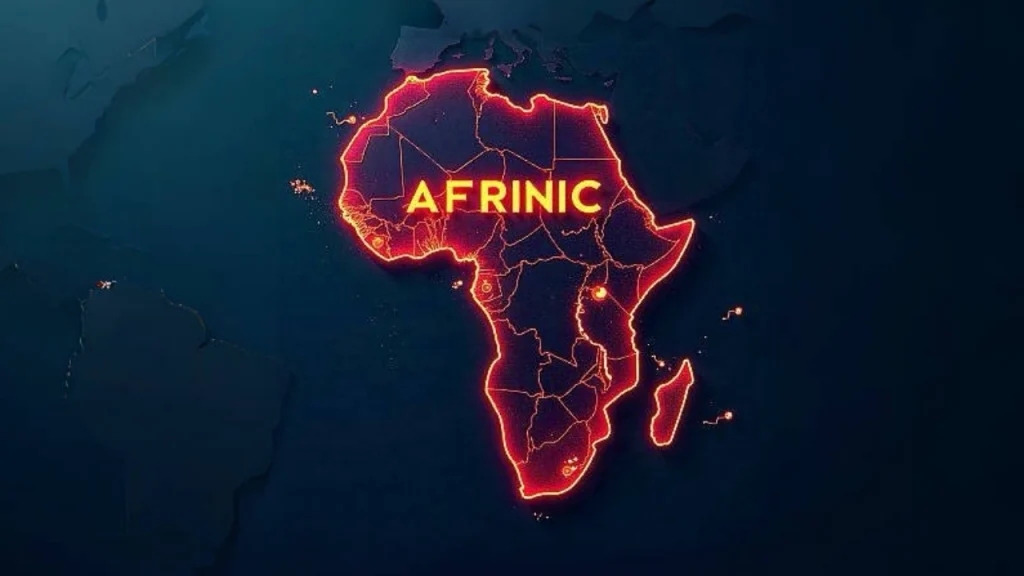- African ISPs, telcos and hosters say the cancelled election reflects years of governance failure and eroding trust in AFRINIC’s leadership.
- Industry members are now shaping the debate on reform, calling for transparent governance and stronger protection of Africa’s internet autonomy.
Industry voices demand accountability
Despite their frustration, ISPs, telcos and hosters continue to play a central role in shaping AFRINIC’s direction. As voting members, they participate in the organisation’s policy meetings, nominate candidates, and engage in community discussions that determine how the registry functions. Their collective experience—spanning decades of network management and infrastructure expansion—gives them the practical authority to assess whether AFRINIC’s processes align with the operational realities of Africa’s internet ecosystem. Many industry participants have publicly called for clearer election guidelines, stronger oversight mechanisms, and the restoration of transparency within AFRINIC’s governance structure.
Some members, including Cloud Innovation Ltd.—one of AFRINIC’s largest resource holders—have gone further, calling for structural reform and even the possible dissolution of the registry if internal governance cannot be repaired. Others, including national telecom operators, advocate for constructive engagement and reforms that preserve the regional registry model while improving accountability. Across the sector, there is a shared belief that African internet governance must remain transparent, inclusive, and resistant to external political or institutional pressure. For many, the way AFRINIC resolves its governance crisis will determine not only its future, but also the credibility of Africa’s broader digital ecosystem.
Also read: AFRINIC’s hidden scandal: How legal fees exposed a culture of corruption
Also read: Proxy voting reforms for AFRINIC: What a fair model should look like
Growing frustration over election credibility
Across Africa’s internet infrastructure community, ISPs and telecom operators have expressed growing frustration with AFRINIC’s prolonged governance issues. Several network operators have argued that the registry’s election procedures have become “unworkable”, with unclear rules and inconsistent enforcement damaging confidence in its capacity to represent member interests.
Many providers emphasize that the crisis goes beyond a single election. AFRINIC is responsible for distributing IP address space and autonomous system numbers across Africa and parts of the Indian Ocean region, a role critical to the continent’s internet connectivity and infrastructure planning. When governance uncertainty delays decisions or undermines trust, network development and resource management suffer. Executives from member organizations say this instability directly affects operational planning, project timelines, and investment in regional networks. The election controversy, they note, is a symptom of a deeper governance breakdown that must now be addressed.

